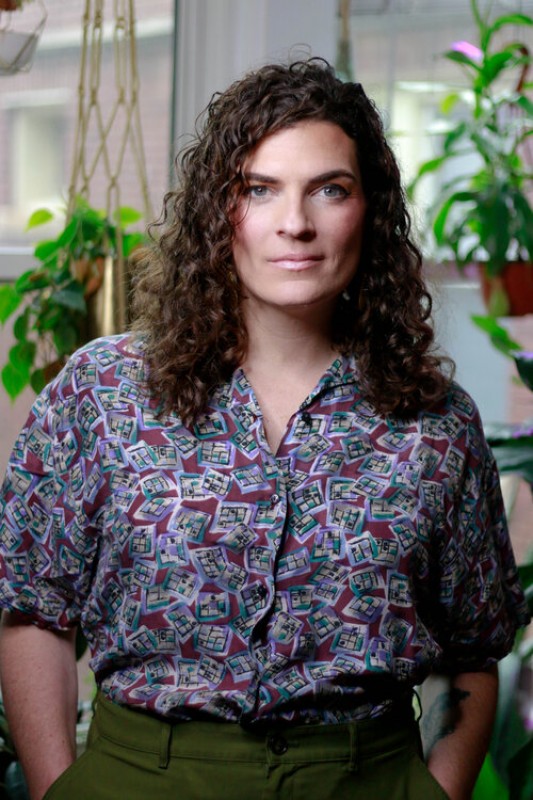KLI Colloquia are invited research talks of about an hour followed by 30 min discussion. The talks are held in English, open to the public, and offered in hybrid format.
Fall-Winter 2025-2026 KLI Colloquium Series
Join Zoom Meeting
https://us02web.zoom.us/j/5881861923?omn=85945744831
Meeting ID: 588 186 1923
25 Sept 2025 (Thurs) 3-4:30 PM CET
A Dynamic Canvas Model of Butterfly and Moth Color Patterns
Richard Gawne (Nevada State Museum)
14 Oct 2025 (Tues) 3-4:30 PM CET
Vienna, the Laboratory of Modernity
Richard Cockett (The Economist)
23 Oct 2025 (Thurs) 3-4:30 PM CET
How Darwinian is Darwinian Enough? The Case of Evolution and the Origins of Life
Ludo Schoenmakers (KLI)
6 Nov (Thurs) 3-4:30 PM CET
Common Knowledge Considered as Cause and Effect of Behavioral Modernity
Ronald Planer (University of Wollongong)
20 Nov (Thurs) 3-4:30 PM CET
Rates of Evolution, Time Scaling, and the Decoupling of Micro- and Macroevolution
Thomas Hansen (University of Oslo)
RESCHEDULED: 18 Dec (Thurs) 3-4:30 PM CET
Chance, Necessity, and the Evolution of Evolvability
Cristina Villegas (KLI)
8 Jan 2026 (Thurs) 3-4:30 PM CET
Embodied Rationality: Normative and Evolutionary Foundations
Enrico Petracca (KLI)
15 Jan 2026 (Thurs) 3-4:30 PM CET
On Experimental Models of Developmental Plasticity and Evolutionary Novelty
Patricia Beldade (Lisbon University)
29 Jan 2026 (Thurs) 3-4:30 PM CET
Jan Baedke (Ruhr University Bochum)
Event Details

Please register here: https://greea.ca/%C3%A9v%C3%A8nement/mika-tosca-school-of-the-art-institute-of-chicago-kli-greea-colloquium/?instance_id=136 or here https://us02web.zoom.us/meeting/register/tZIsduusrTsvEtwrOSxAhu-VWU0nj6kzg1s2
Abstract:
As the climate crisis intensifies amidst ongoing public skepticism, much of the science remains abstruse, cumbersomely documented, and opaquely presented, making engagement with it by “nonscientists” difficult. Perhaps this is the reason why a segment of the population continues to assert that human beings are not responsible for the observed 21st century climate change. There exists, therefore, an exciting and necessary opportunity for scientists to collaborate with artists to not only improve the communication of climate science, but also to bolster the production of scientific knowledge. In this presentation I present the results of a collaborative project—inspired by that work—that combines the scientific method with the design process. This project elucidated the very real potential for art and design to dramatically improve the way climate research is conducted and communicated. I also introduce work from three collaborative projects by undergraduate artists, which explore ways that art and design can help us to collectively imagine (and build) future worlds in the aftermath of the climate crisis.
This event is jointly organized by the KLI and the Research Group in Environmental and Animal Ethics (GRÉEA): https://greea.ca/%C3%A9v%C3%A8nement/mika-tosca-school-of-the-art-institute-of-chicago-kli-greea-colloquium/?instance_id=136
Biographical note:
Dr. Tosca is a climate scientist, a humanist, an activist. She is an Assistant Professor at the School of the Art Institute of Chicago and an affiliate climate researcher at JPL (the Jet Propulsion Laboratory) in southern California.
Her current research and public outreach explores the the synthesis of art and climate science and posits that engaging with artists, designers, and makers is instrumental to solving the climate crisis. Mika is an out and proud transgender scientist (she/her pronouns) and a vocal advocate for the queer and trans communities in Chicago and beyond.
Dr. Tosca earned her Ph.D. in Earth System Science at University of California, Irvine, in the Earth System Science Department, where she was advised by Dr. Jim Randerson and Dr. Charlie Zender. Her doctoral thesis was titled: "Fire and Smoke in the Earth System: Evaluating the impact of fire aerosols on regional and global climate."


